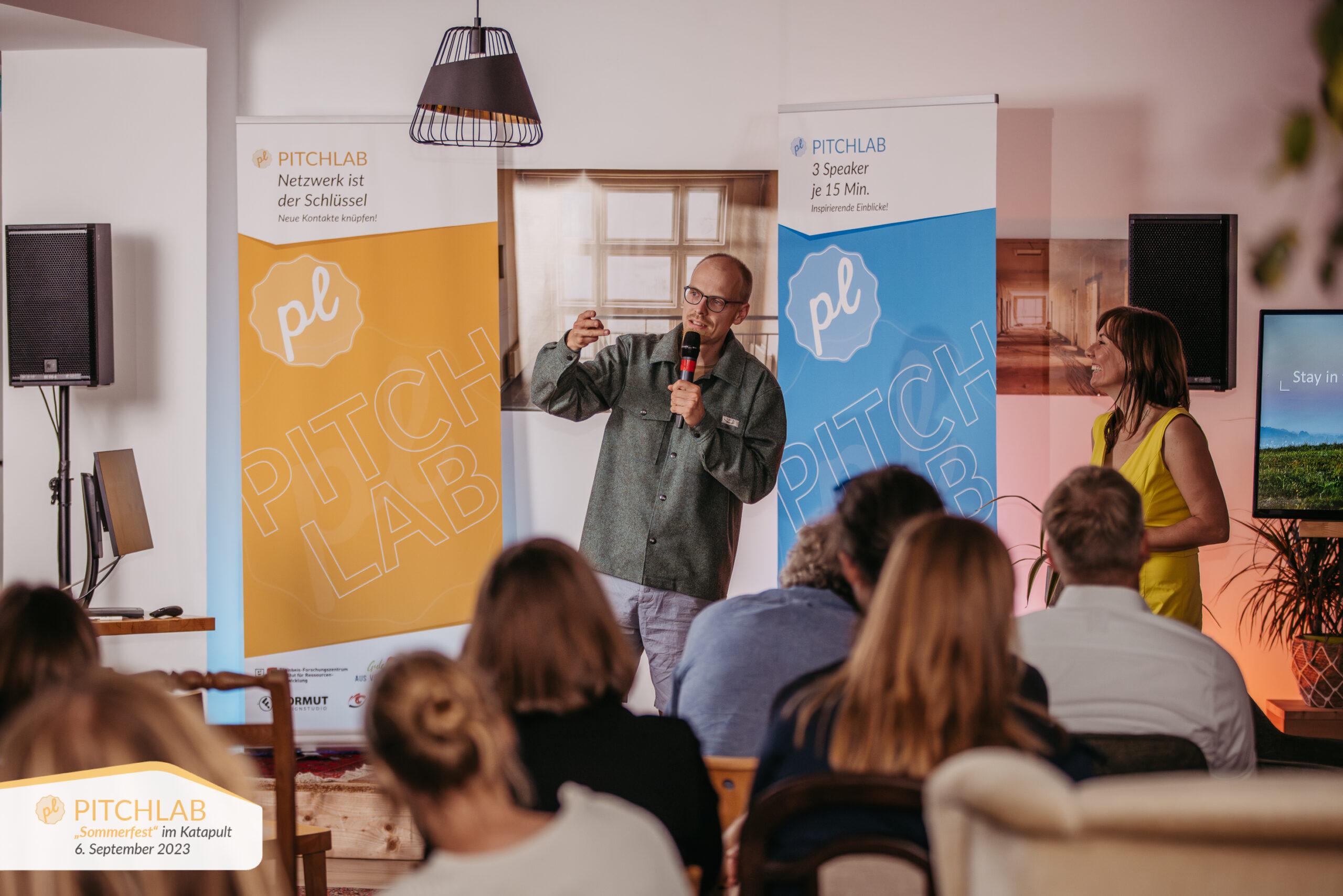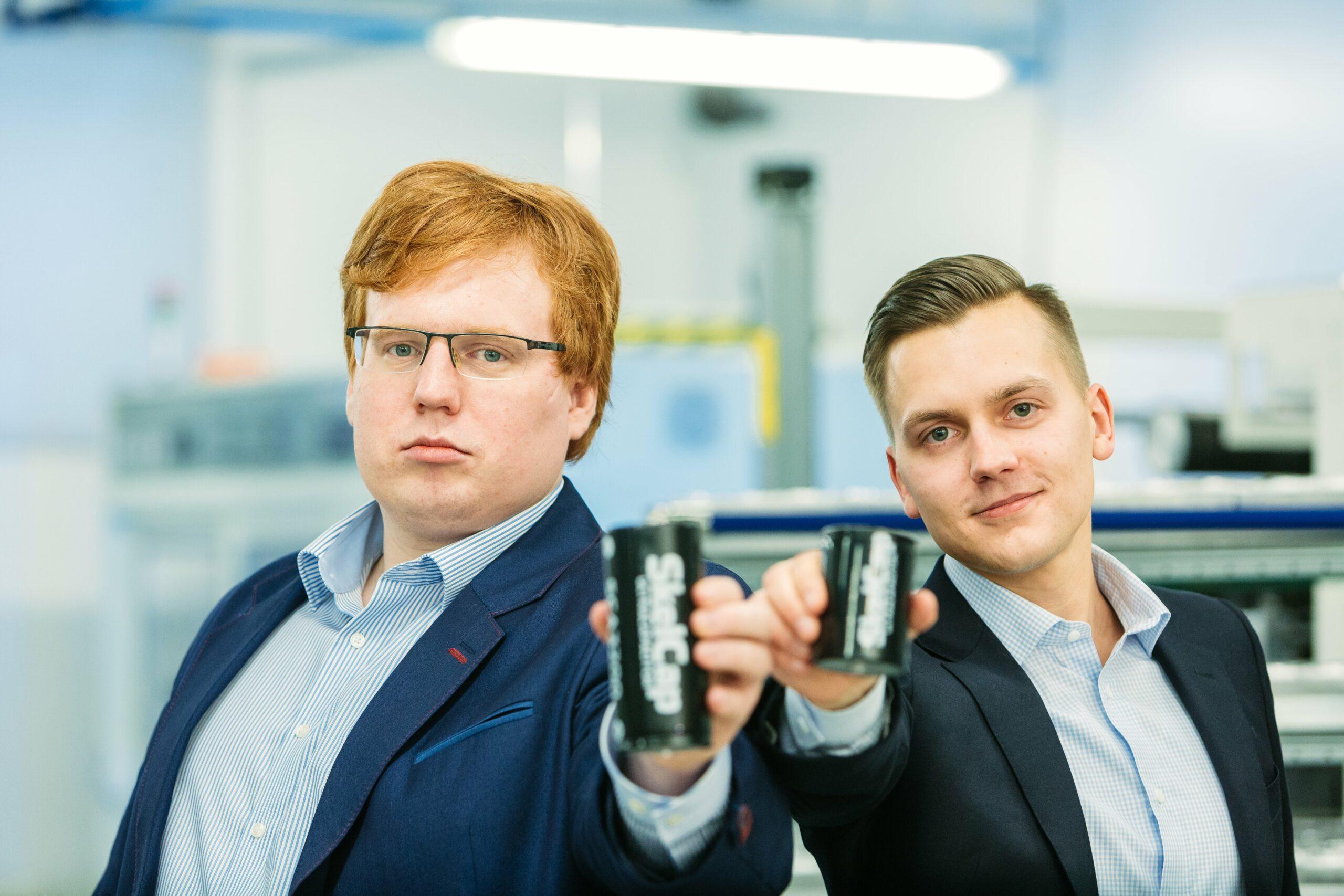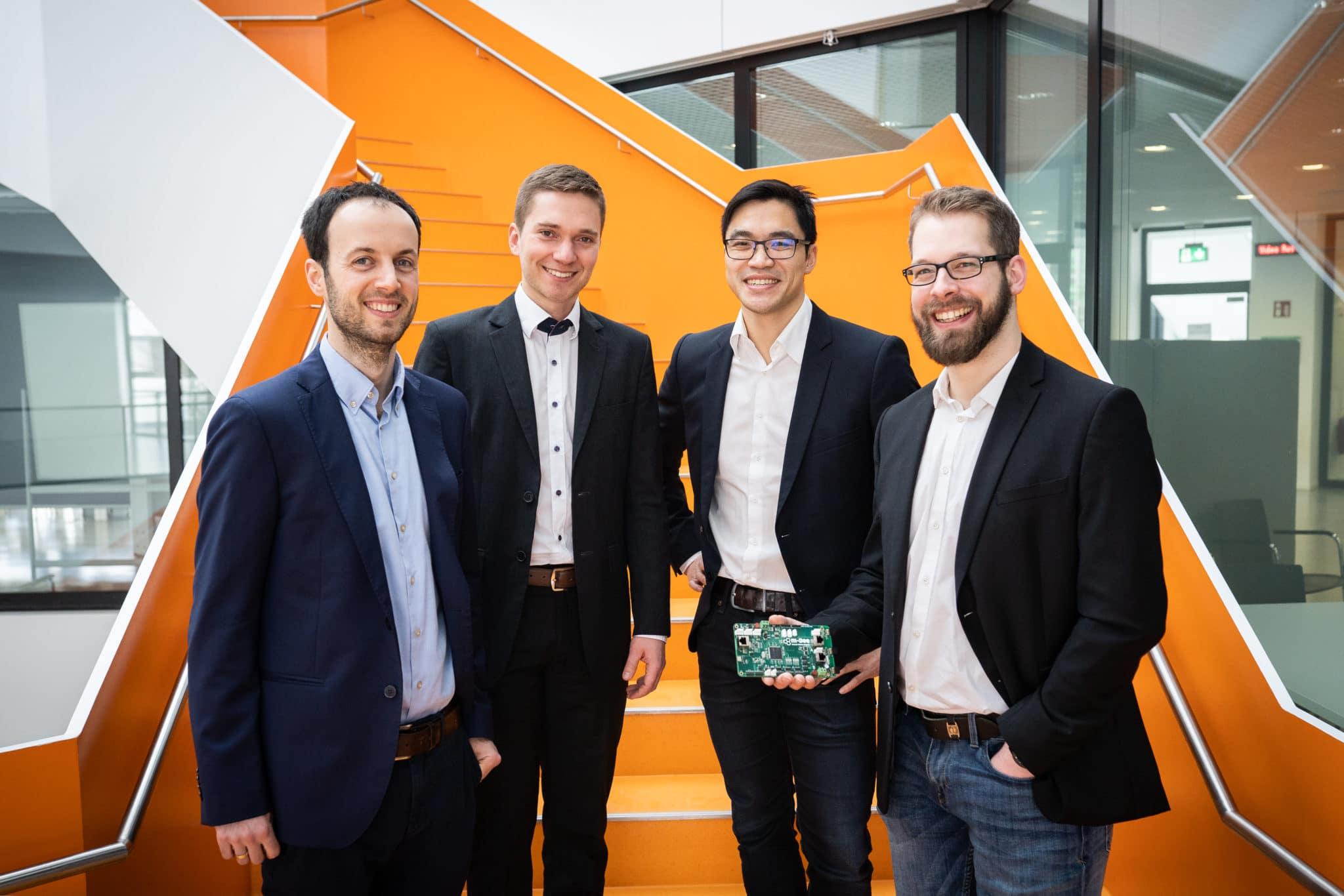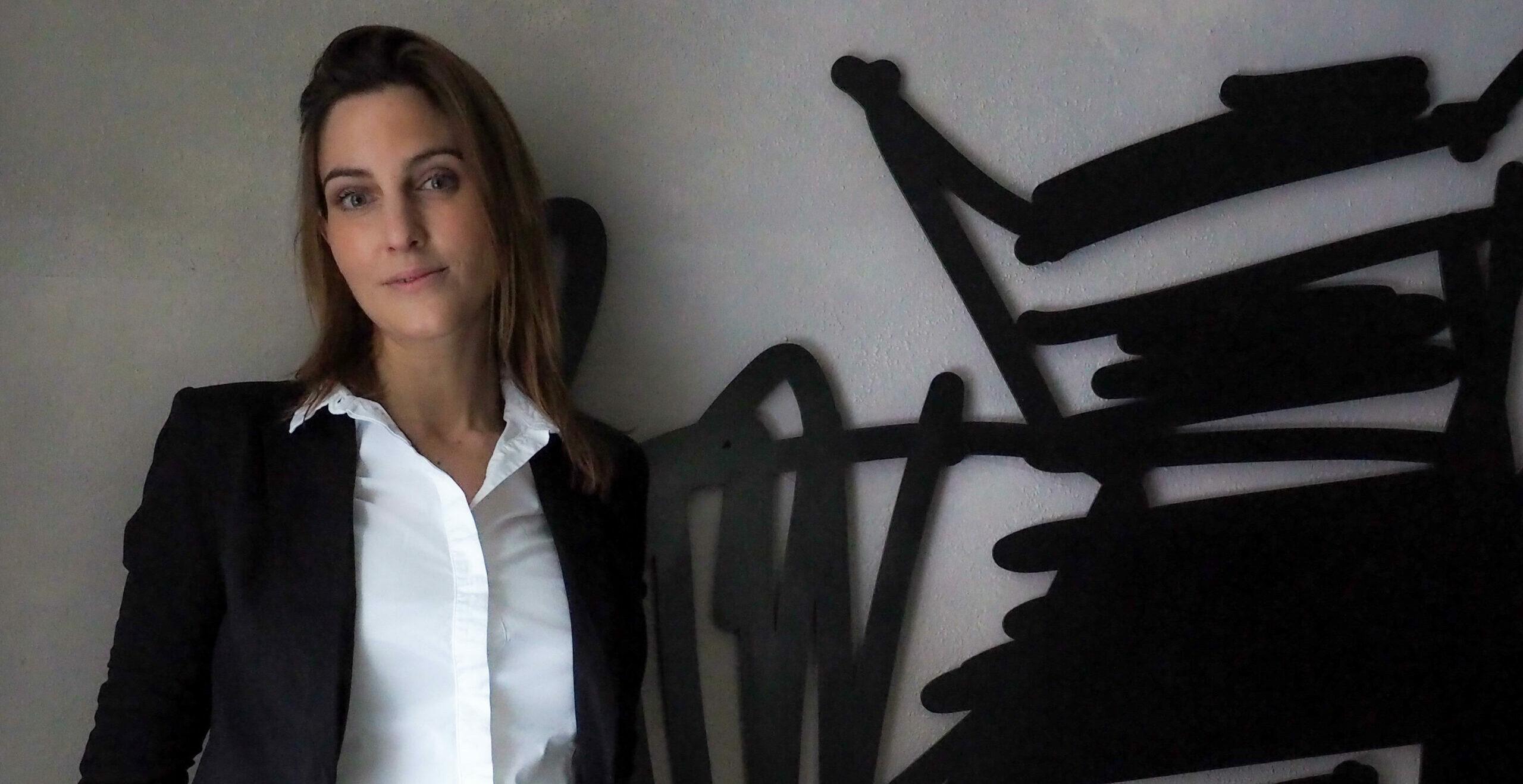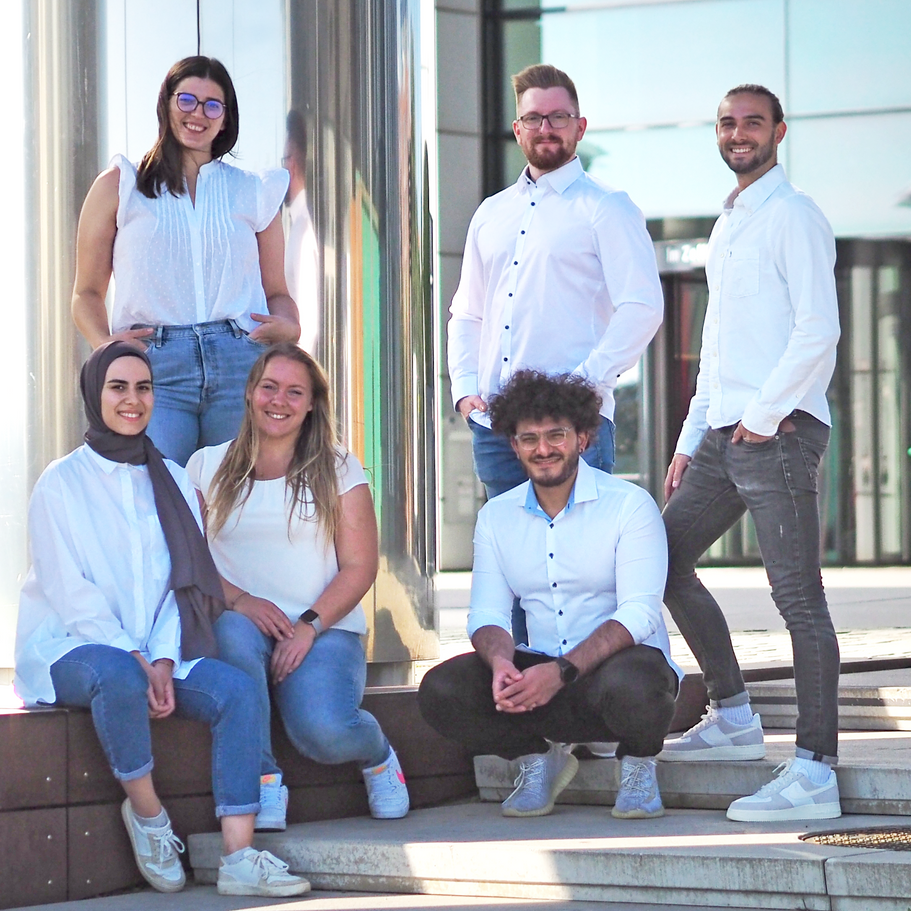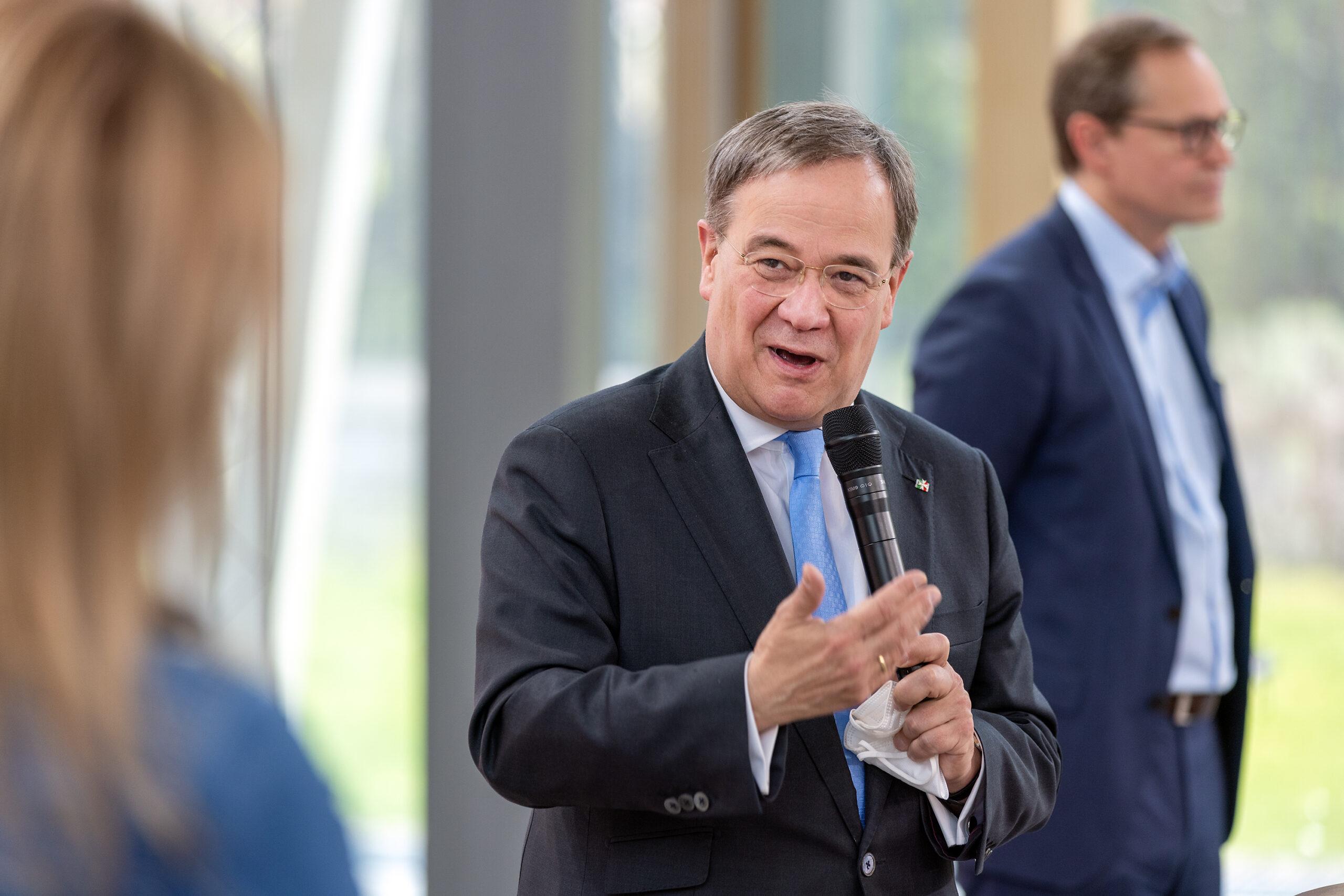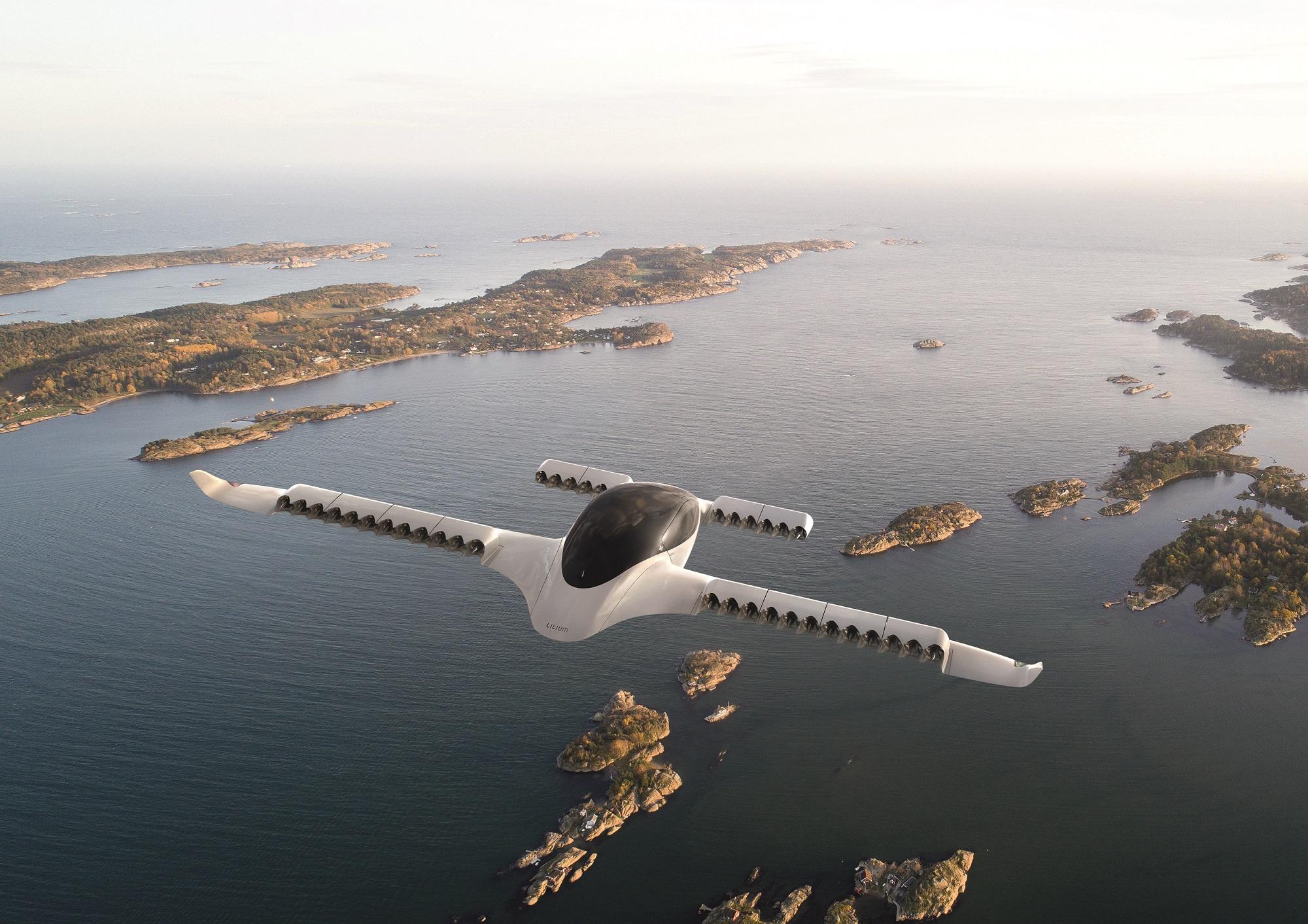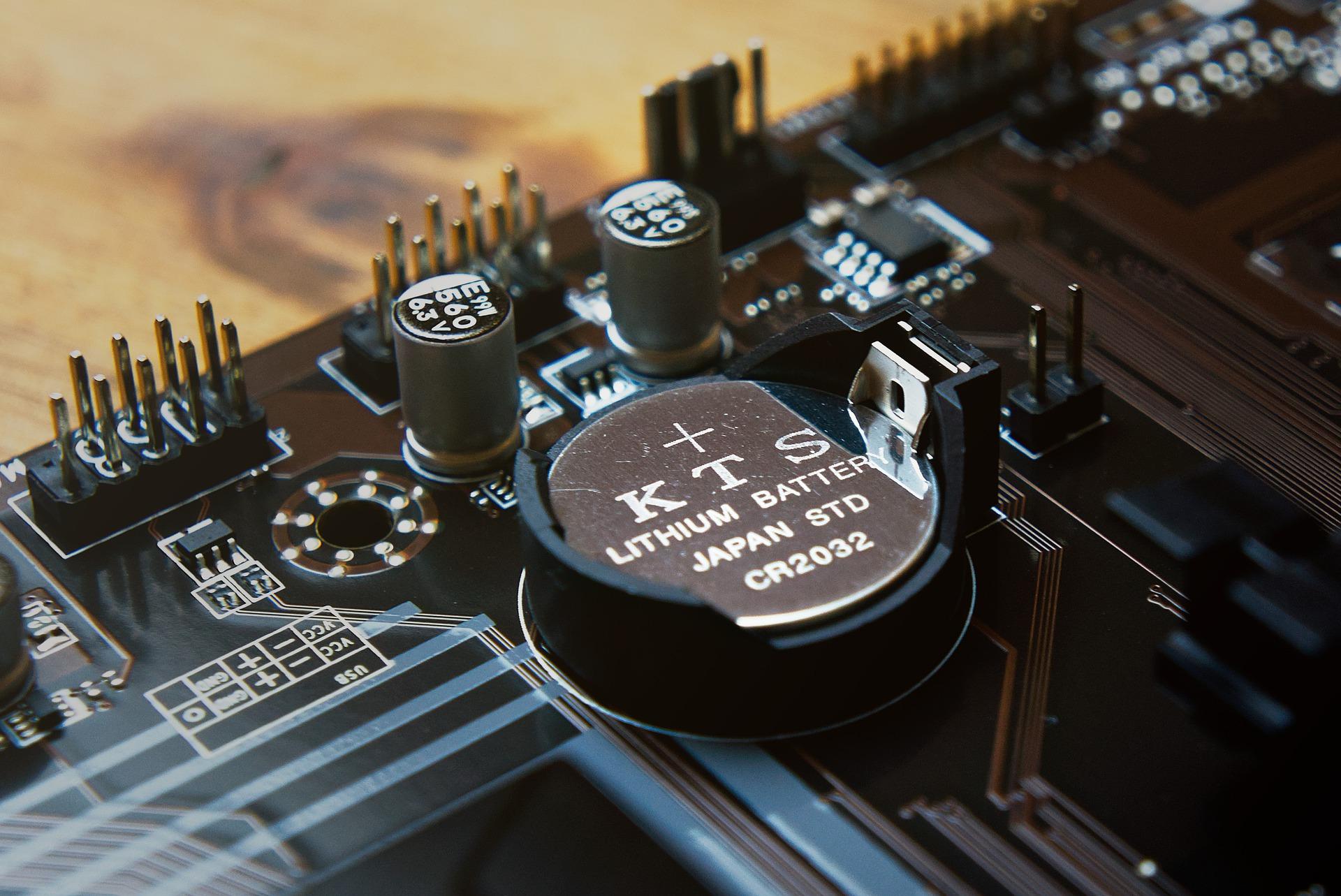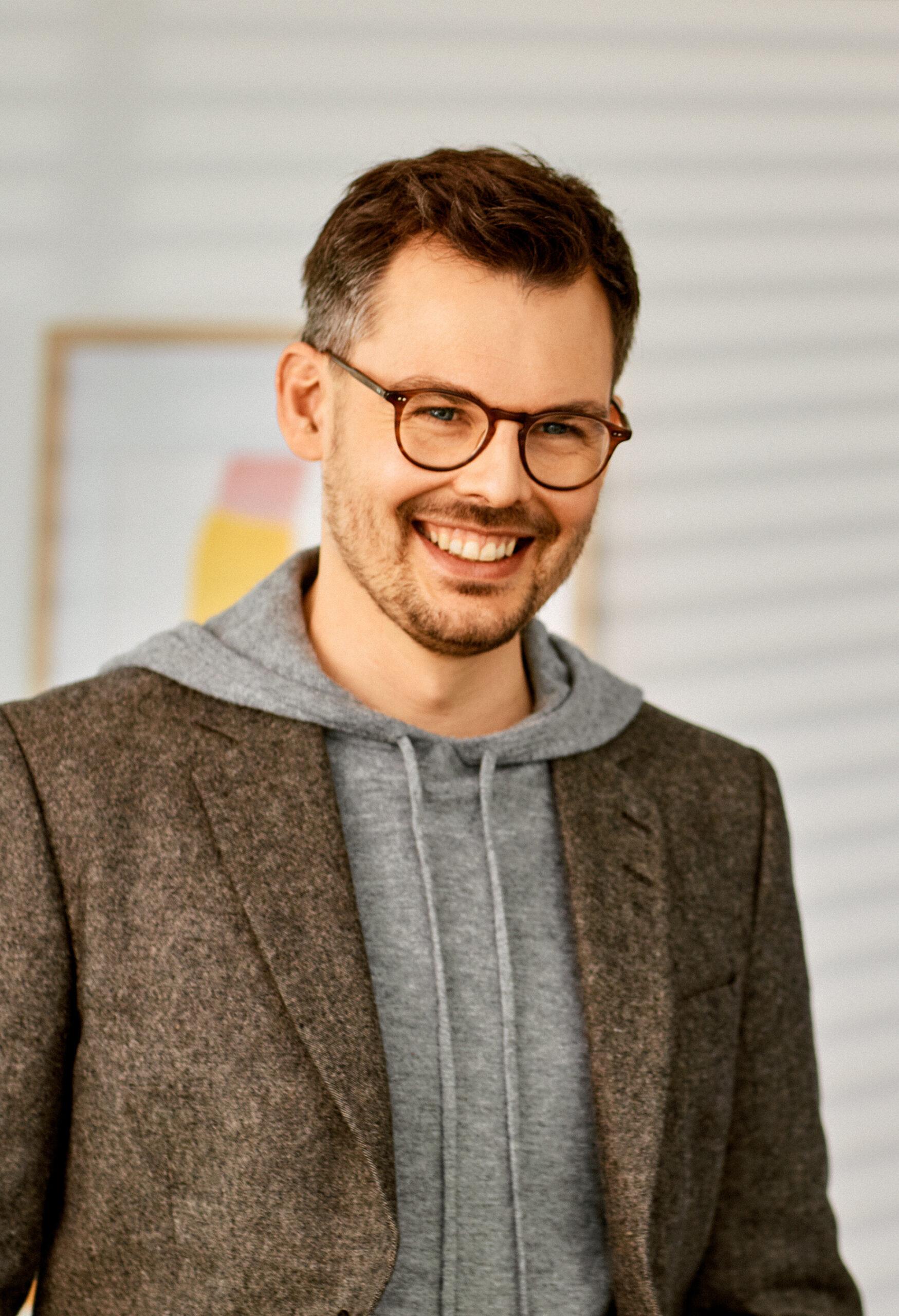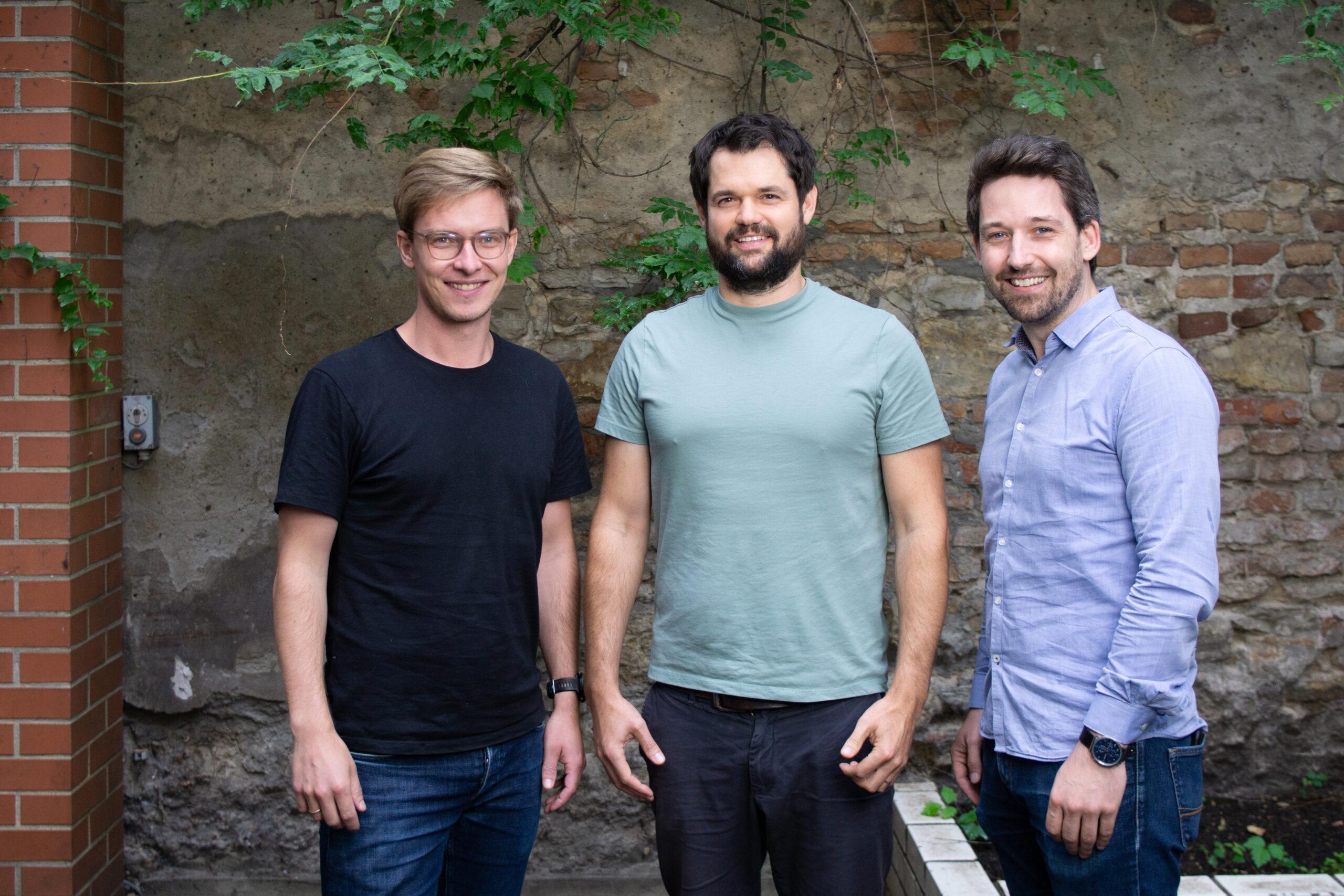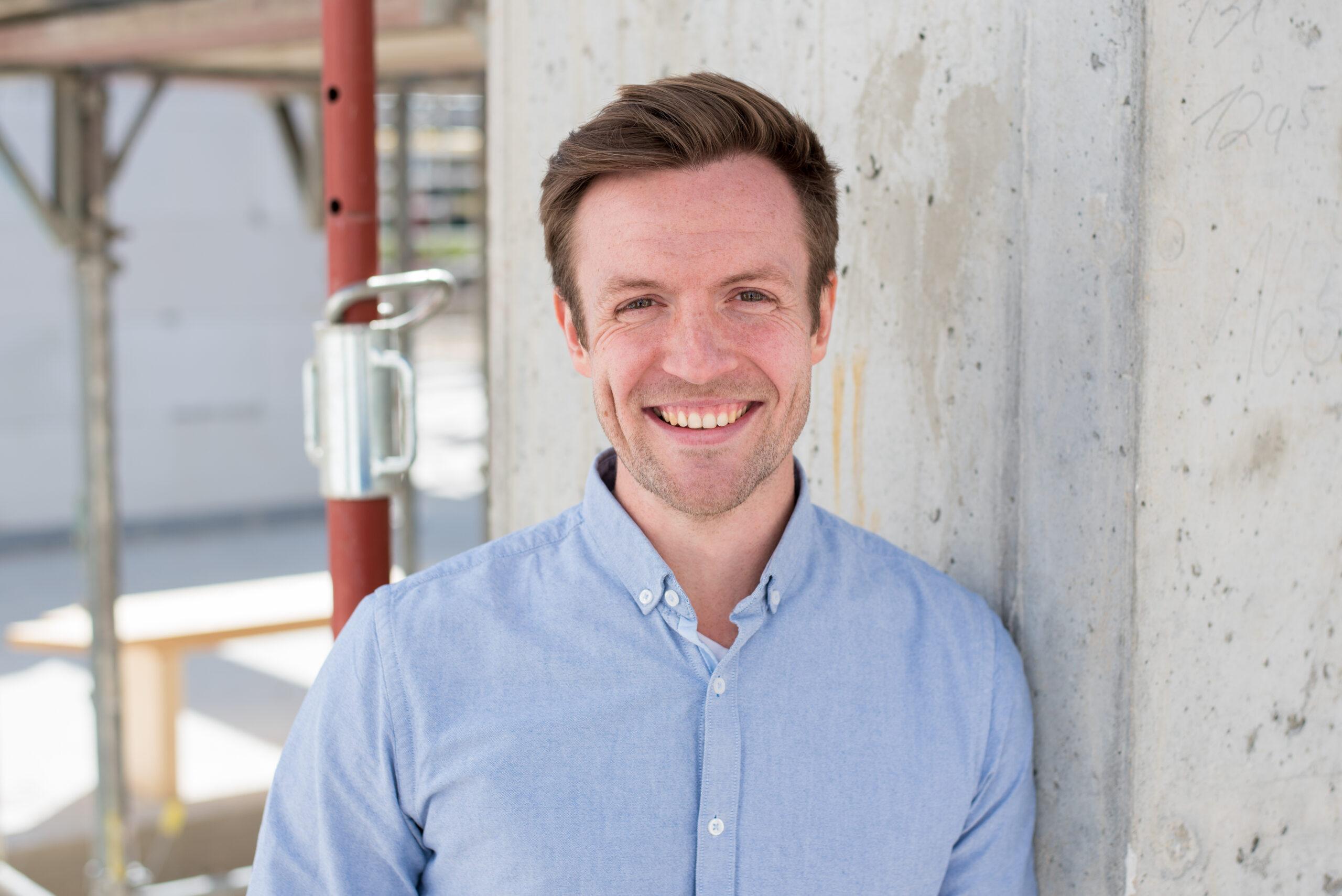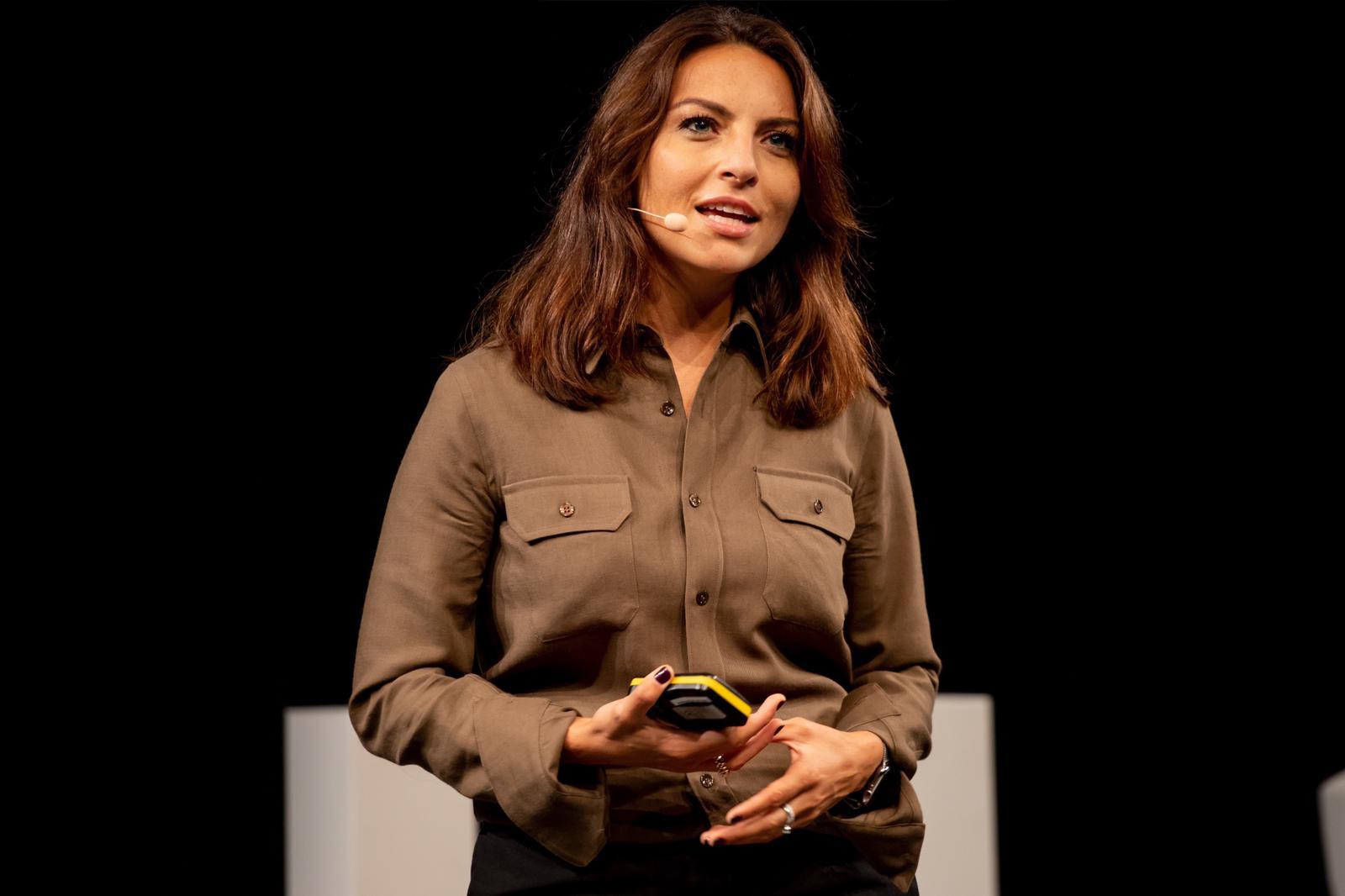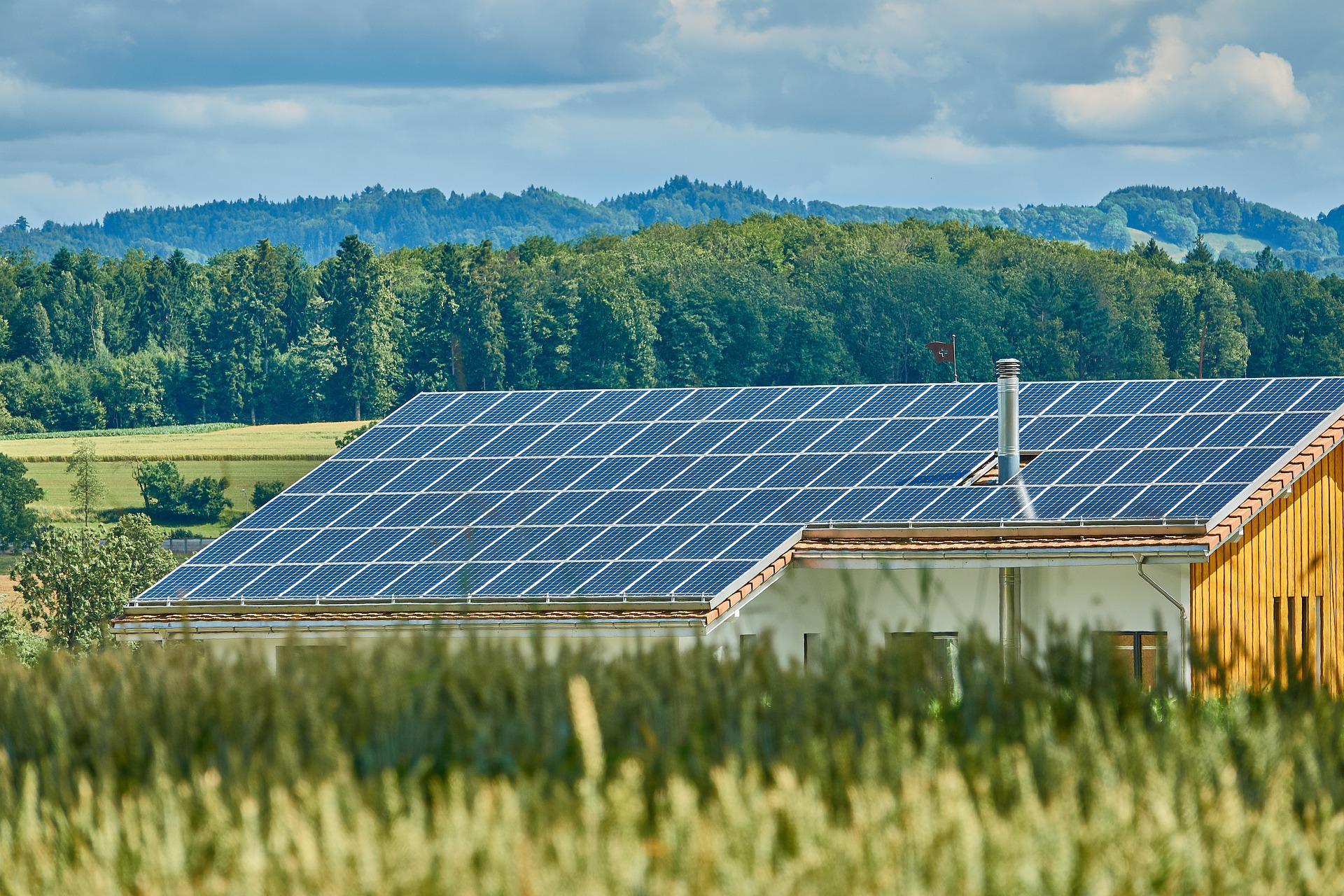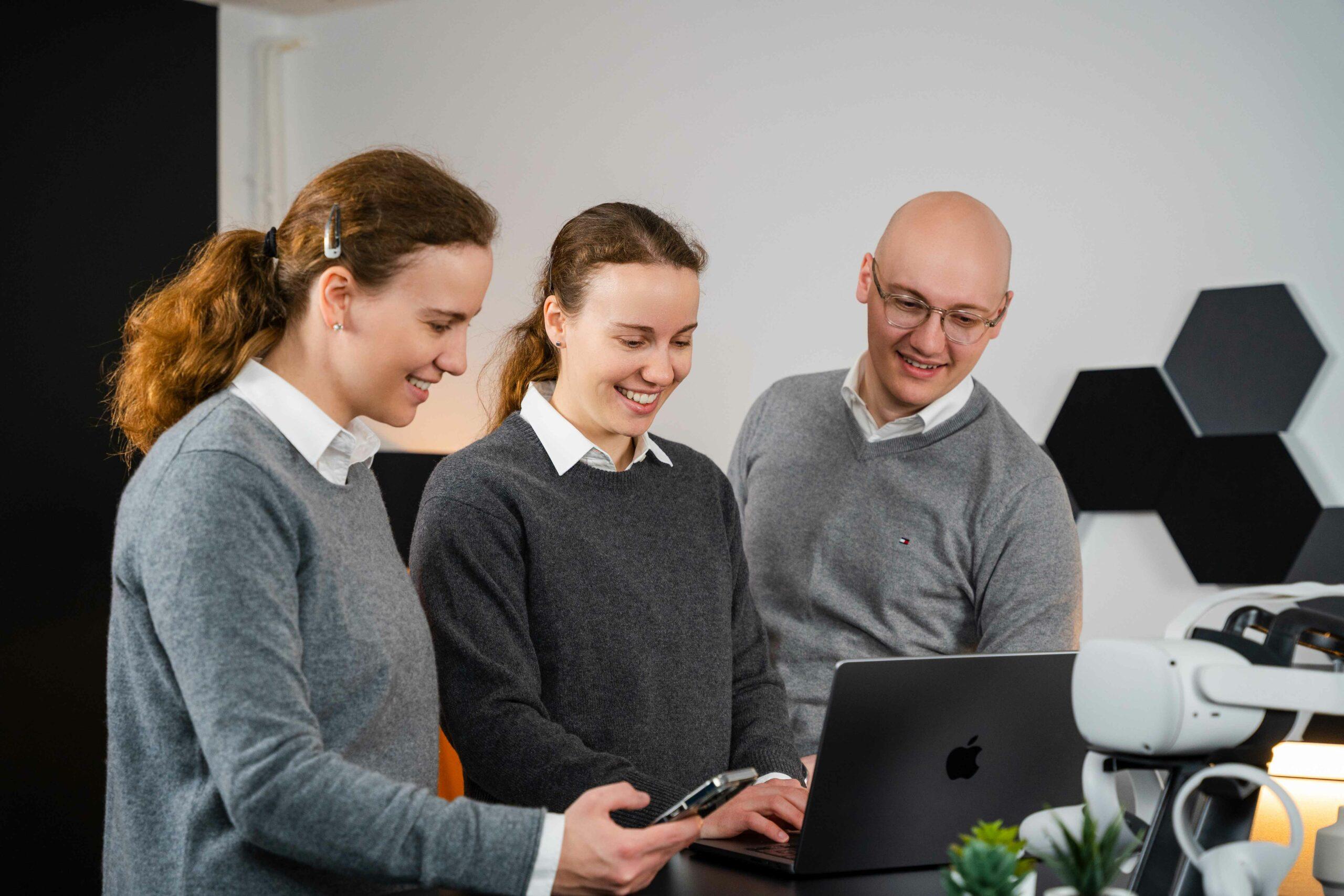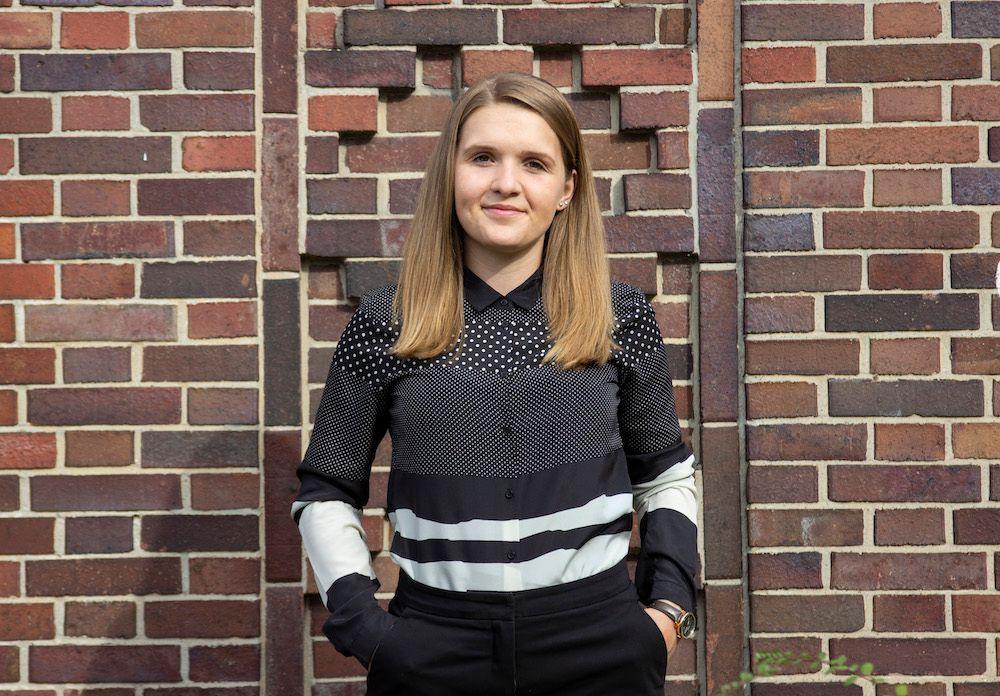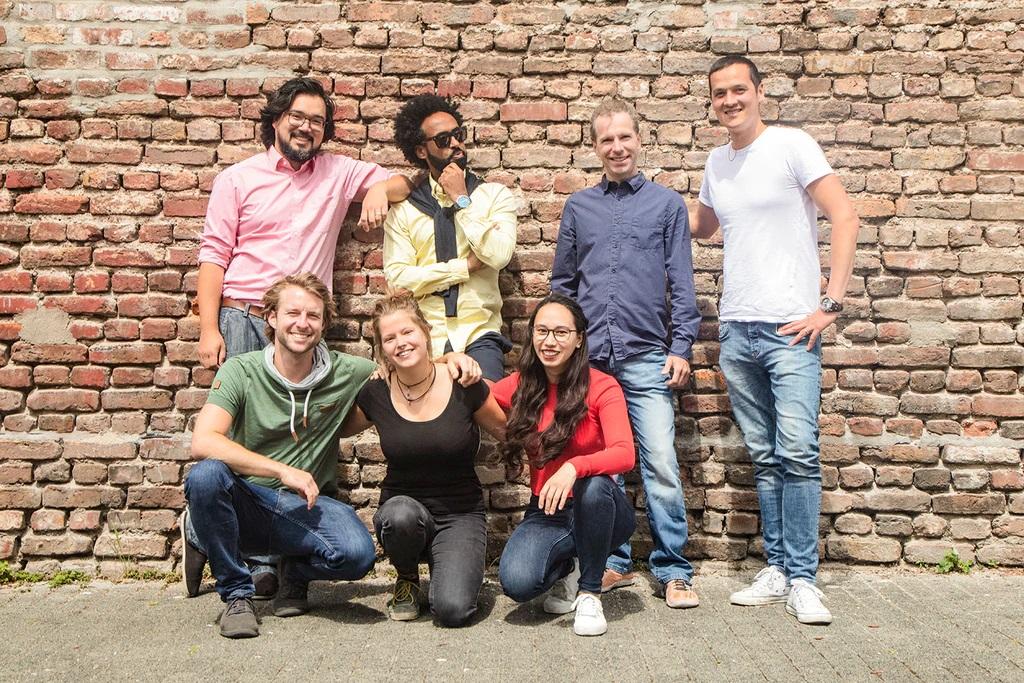This start-up wants to breathe a second life into batteries from electric cars
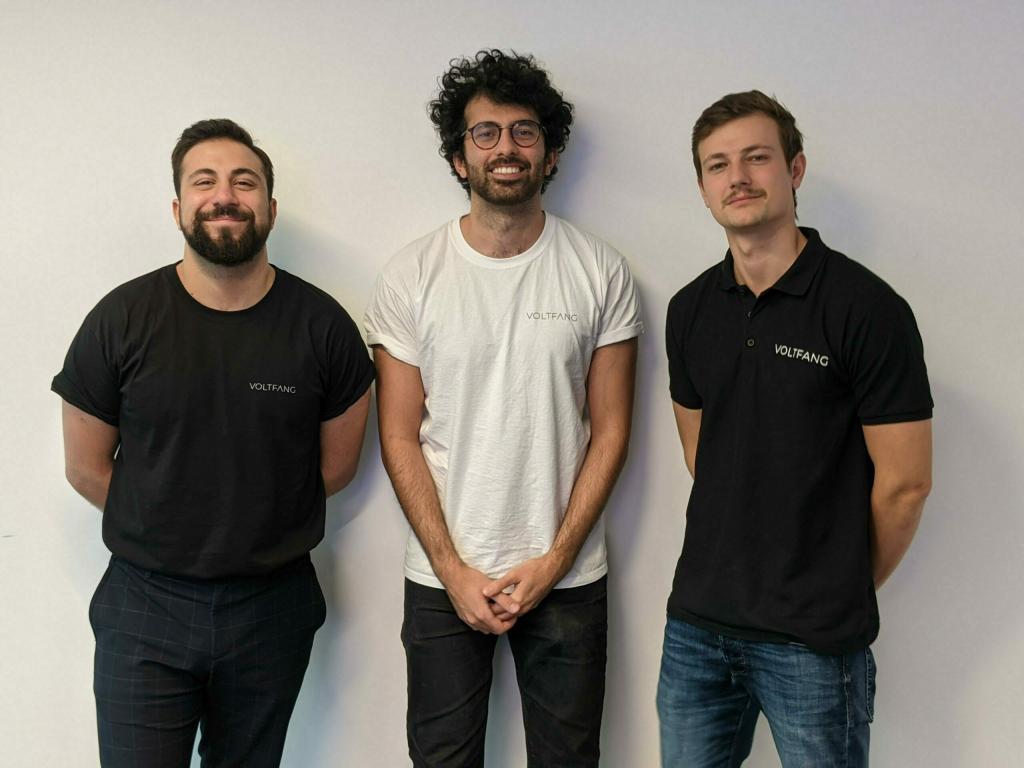
Batteries from electric cars only have a limited lifespan. The start-up Voltfang from Aachen wants to reuse them after their service life. As a storage device, they could possibly last ten years longer.
It all started with a camper that three friends and fellow students Roman Alberti, Afshin Doostdar and David Oudsandji bought together. They drove it to festivals across Europe, to friends' homes and on vacation. But the camper's battery didn't last as long as the three men wanted it to. So they built a solar system on the roof of their car. "Then we thought about where we could store the excess energy," Oudsandji says. When they researched what actually happens to discarded batteries from electric cars, they came across an incredible figure: only five percent of lithium-ion batteries in Europe are recycled at all. The majority are simply incinerated.
The three founders from Aachen want to put an end to this. They quickly discovered that batteries used by electric cars age exponentially after a certain point. However, if you change the way they are used, they could possibly live for another ten years, the founders estimate. With their start-up Voltfang, they are therefore buying up old e-car batteries from Tesla, BMW and Ford and converting them. The idea is to turn high-performance batteries into home and industrial storage devices.
In this way, they want to give recycling companies another ten years to come up with and implement suitable concepts for spent batteries - so that they don't have to be incinerated any longer. "We can massively reduce the ecological footprint of electric batteries," says Oudsandji. But the vision behind the project is not just to make the world a little more sustainable. If everything works out the way the Voltfang founders envision, the storage units could also protect many people from power grid overloads or help companies obtain electricity more cheaply.
The first investors have already knocked on the door
They quickly built the first prototype. Since April 2020, it has been supplying electricity in a private home in the founders' neighborhood. Now the Aachen-based company is looking for investors and business angels to get started with large-scale production. "We are getting a lot of response and interest is very high," says Oudsandji. He won't reveal more specifics yet. But overall, he says, they are in talks with "a handful" of venture capital funds. There is also room for four to six business angels, whose network the founders would like to access.
A workshop is currently being built in Aachen, where the founders will check the condition of the batteries and then combine them to form Voltfangs. The three founders initially want to start with larger industrial storage units. These are easier to certify, explains Oudsandji. Home storage units will follow next year. Home storage units will be offered from 10 kilowatt hours (kWh), industrial storage units from 30 kWh.
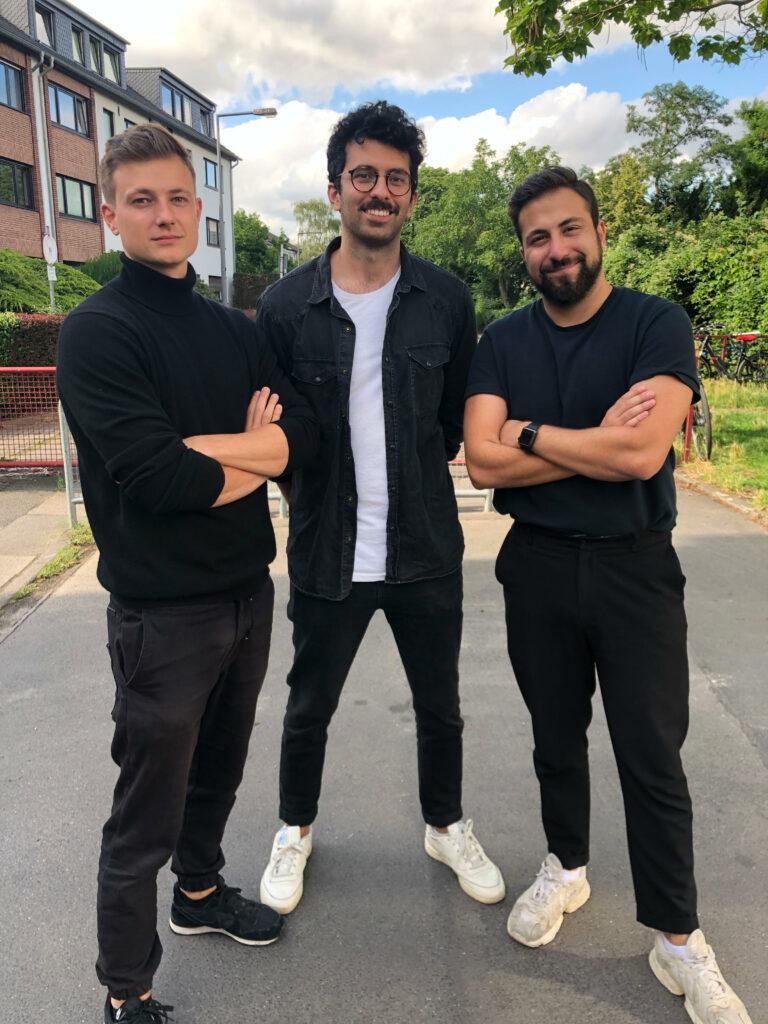
We can massively reduce the environmental footprint of electric batteries.
Founder David Oudsandji, pictured right.
The second problem Voltfang wants to solve is peak loads. For example, when bakeries turn on all their equipment early in the morning - when electricity consumption is much higher than during normal operation - they have to pay for these load peaks in the energy grid. "We've done the math on this for bakeries, farmers, hotels and many others, and these are huge additional costs," Oudsandji says. "That's where you save several thousand euros with two or three peak load caps a year."
The idea: companies can charge the commercial storage units at cheaper electricity prices. These can release the stored energy before load peaks occur. For users, the investment in industrial storage would have paid for itself after three to five years, the founder calculates. A bakery chain has already expressed interest. It even wants to invest in Voltfang. The three founders are also in talks with food chains and farmers. The industrial storage units start at 17,000 euros.
The founders are currently receiving a grant
In the future, private households could also feel the overload of the power grid. In a few years, if everyone wants to charge their electric car after 6 p.m., it could become more likely that they won't get power at those times, Oudsandji fears - especially after the phase-out of nuclear power and coal, and when renewable energies are not yet generating enough power on a constant basis. He hopes home storage systems will help prevent that from happening. They would then make up for the lack of energy by releasing stored energy. Electric cars could also be charged in this way, according to his vision. There is certainly interest. The start-up has already received around 100 inquiries from homeowners.
So far, the start-up has received the NRW start-up grant, which gives each founder 1,000 euros a month. This has enabled the trio to concentrate fully on their start-up in the first year. They also developed a business plan with the Digital Hub Aachen. From April, the founders want to collect money and start production. With the financing, Voltfang should then really get going.
FYI: English edition available
Hello my friend, have you been stranded on the German edition of Startbase? At least your browser tells us, that you do not speak German - so maybe you would like to switch to the English edition instead?
FYI: Deutsche Edition verfügbar
Hallo mein Freund, du befindest dich auf der Englischen Edition der Startbase und laut deinem Browser sprichst du eigentlich auch Deutsch. Magst du die Sprache wechseln?





